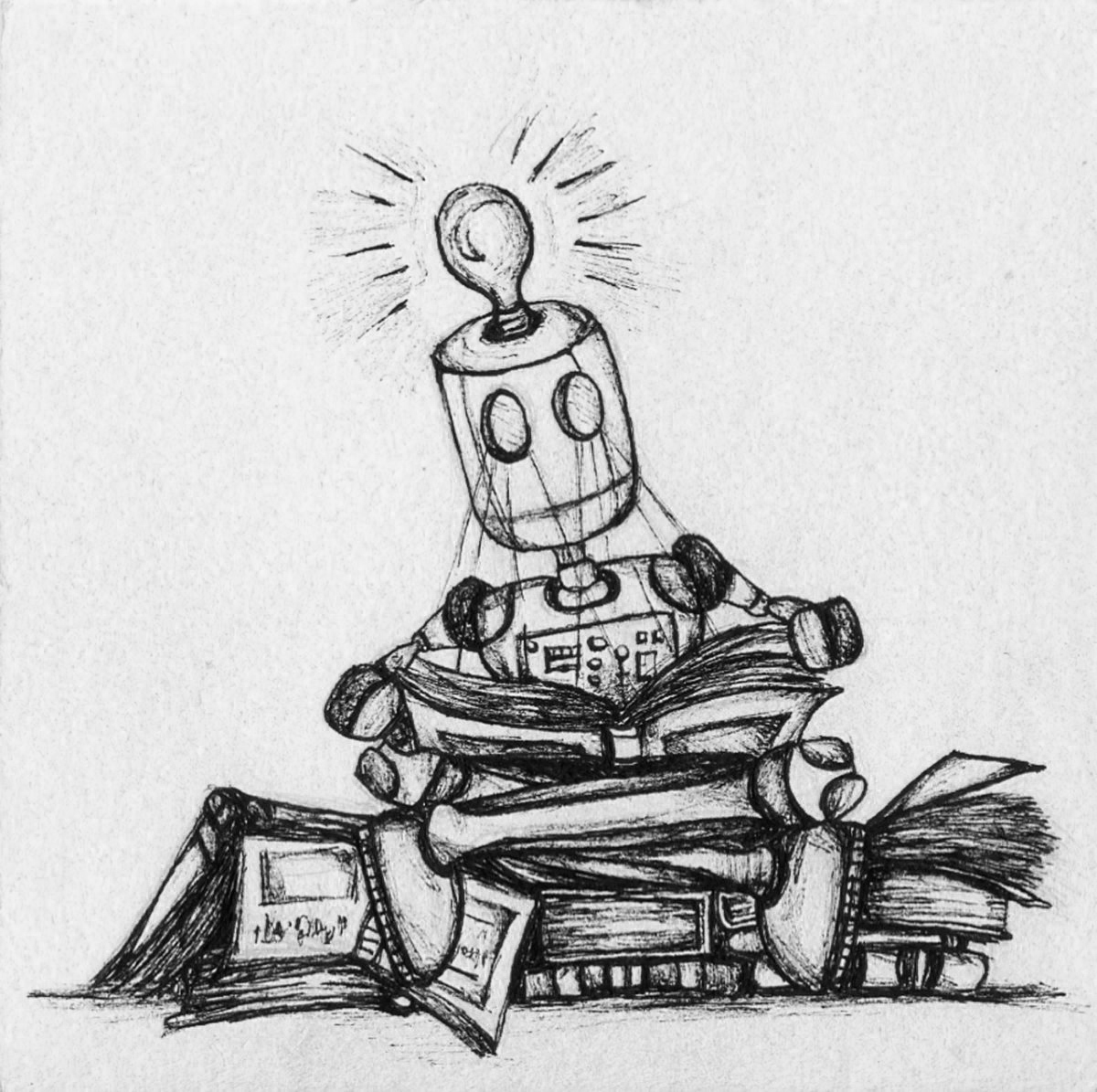To be happy one should do one’s duty without attachment to its results. In Gita Lord Krishna teaches this philosophy of Nismam Karm to Arjun. If we are not too anxious about the success or failure of our efforts but are interested in only doing our duty to the best of our ability, we do not become unhappy when the results are not as expected. Doing our duty is under our powers not its results.
Happiness is not living in a fool’s paradise. It is not living in oneself oblivious of outside world. Life is not a bed of roses. Here one has to struggle and fight for justice. All our actions are with a view to some results. But often we fail to achieve that result. Sometime we get even opposite results than our expectations. For example, when we do a good turn to somebody and instead of being grateful to use the person accuses us. Failure in achieving our goal often leads us to unhappiness.
What is the solution to it? Gita, the Hindu religious and philosophical text, which is perhaps the only religious book in the world that was delivered amidst battlefield, has a beautiful solution. It says,
‘You have right to action only, never to its results; never be attached to the results of your actions; but don’t take to inaction also.’— Gita (2.47)
How beautiful and unique!
In essence it teaches us that one should do one’s duty without being unduly concerned about its results. It does not mean that one should do whatever comes to one’s fancy without regard to its consequences. In fact, duty means prescribed duty. Its results cannot be undesirable. But the action may result in success or failure. We should not be unduly concerned with this. The cause of all unhappiness is thwarted desires. This does not teach us to be indifferent to the results of our actions and do them indifferently. It teaches us to do our best. If then the results are not as we had expected, we should have faith in God.
Mind you, all this preaching about detachment from the results of one’s action is being taught at the battle field of Mahabharat when a great war is just to be fought. This war is between cousin brothers, and near relatives are fighting on the opposing sides. Arjun has said that he did not want to fight a war in which he has to kill not only near relatives but elders and teachers. Krishna is trying to tell him that it is his duty to fight. The reward is a great kingdom. Yet Krishna is talking of fighting a war at the cost of dying or killing one’s near and dear, and yet doing so without attachment to its results!
Yet, if you come to think of it, it is the best theory about life. Attachment brings uncertainty, worry, and tension. In fact, this non-attachment to the results is very psychological too. Too much worry about the results of our actions affects the latter negatively.
BE HAPPY!





